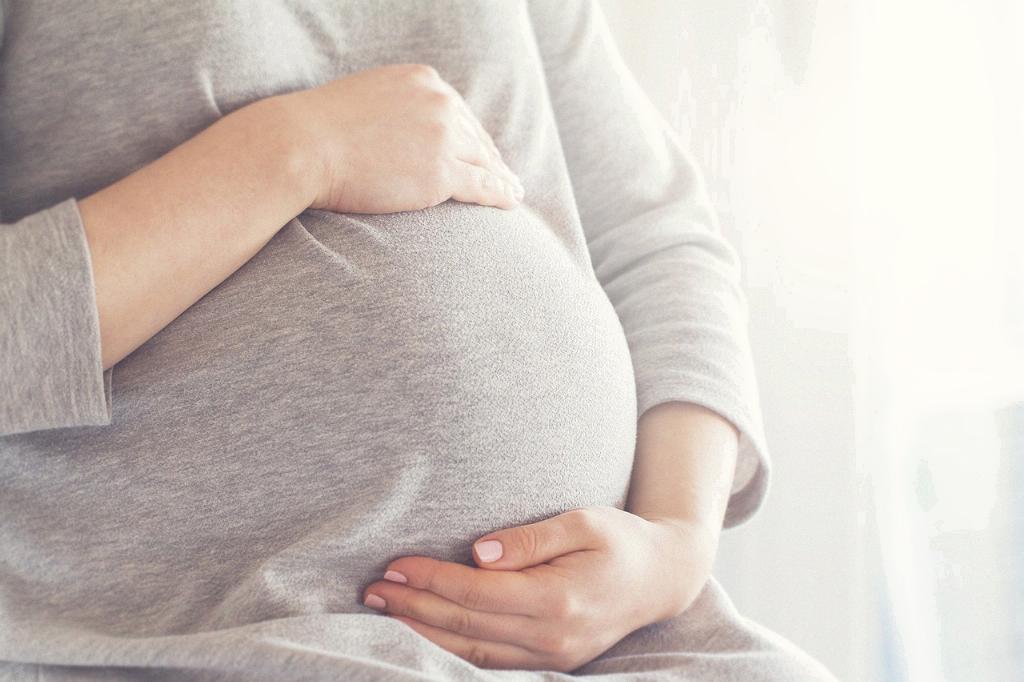Many women eagerly anticipate confirming whether they are pregnant after trying to conceive. It’s important to understand the timeline involved in confirming pregnancy to manage expectations and accurately interpret test results.
After a fertilized egg implants in the uterine lining, the body starts producing human chorionic gonadotropin (HCG), a hormone commonly detected in pregnancy tests. HCG can be detected in the blood as early as six days after implantation, but it typically takes 7-10 days for the hormone levels to be high enough to show up on a pregnancy test.
If you’ve had unprotected sex and suspect you might be pregnant but have irregular menstrual cycles or are unsure of when your period was due, it’s recommended to wait at least 21 days after unprotected intercourse before taking a pregnancy test. This waiting period allows for sufficient time for HCG levels to rise to a detectable range.
Timing is crucial when taking a pregnancy test. Testing too early, before HCG levels have risen sufficiently, can result in a false negative result. It’s best to follow the instructions on the pregnancy test kit carefully and consider the timing recommendations provided.
Missing a period can be a common indicator of pregnancy, but various factors can influence the regularity of menstrual cycles. If you suspect you might be pregnant and are experiencing symptoms like fatigue, nausea, breast tenderness, or frequent urination, it’s advisable to take a pregnancy test to confirm your suspicions.
The reliability of pregnancy tests can vary based on the sensitivity of the test kit, the timing of the test, and individual factors like overall health and hormone levels. It’s essential to follow the recommended guidelines for testing to achieve accurate results.
Some pregnancy tests claim to provide results before a missed period, but these early detection tests may not always be accurate. Waiting until after a missed period or the recommended time frame increases the likelihood of obtaining a reliable result.
If you receive a negative result but still suspect you might be pregnant due to persistent symptoms or gut feelings, consider waiting a few more days and retesting. Sometimes, HCG levels may not be high enough for detection initially, but they can increase over time.
Consulting with a healthcare provider can offer additional guidance and support if you’re unsure about the results of a home pregnancy test. Healthcare professionals can perform blood tests to detect HCG levels accurately and provide further insight into your pregnancy status.
Remember that emotional readiness is just as crucial as physical preparation when it comes to confirming pregnancy. Take the time to process your feelings and seek support from loved ones or professionals during this significant life transition.
In conclusion, the number of days it takes to confirm if you are pregnant varies based on individual factors and testing guidelines. By understanding the timeline of HCG production, following recommended testing protocols, and seeking appropriate medical advice, you can navigate the process of confirming pregnancy with confidence and clarity.

